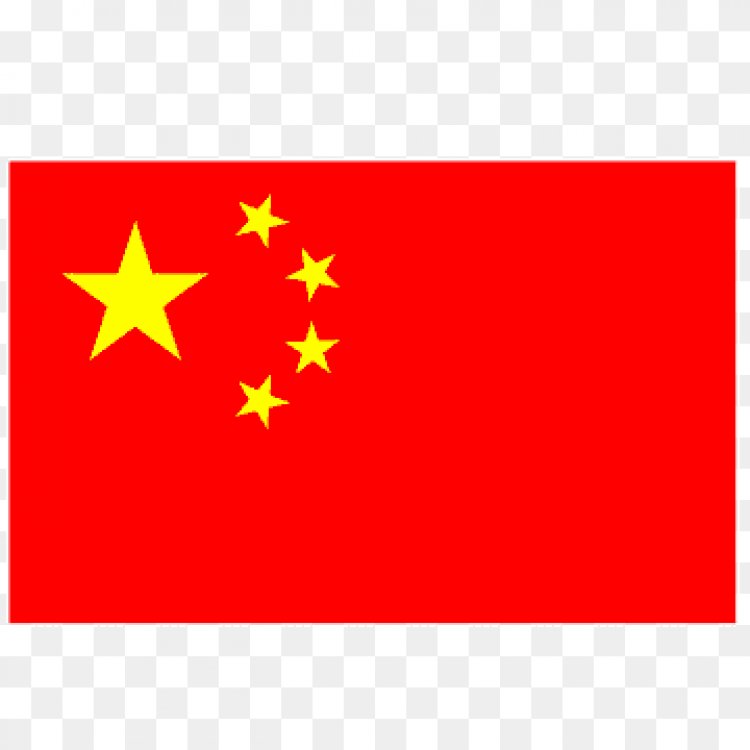Chinese people in Ukraine are in a tense situation as plans for an evacuation from the war-torn country — which were set in motion weeks after Western governments asked their citizens to leave — have stalled, leaving those fearful of retaliation for China's response to the Russian invasion worried.
As the conflict in Ukraine worsened over the weekend, a plan for charter planes to evacuate citizens was put on hold, with China's top envoy in Kyiv urging late Saturday that citizens should "wait until it's safe to travel."
"The two armies are attacking each other, with missiles in the air, explosions, and guns on the ground... In such conditions, how can one secure their safety (to leave)?" Ambassador Fan Xianrong announced in a video posted to the embassy's social media account on Saturday, three days after the embassy announced evacuation plans.
According to China's state media, 6,000 Chinese people are in Ukraine. Unlike nationals from many other countries, they did not receive instructions to leave the country before the invasion began, as Chinese officials pushed back on warnings from the US and its allies that a Russian attack was imminent.
But now, some of those who remain or who live permanently in the country have voiced concerns about their safety -- and not only due to the intensifying conflict.
Beijing, which has fostered increasingly close ties with Moscow, has so far refused to condemn Russia outright, or describe its actions as an invasion. China's state media has also adopted a pro-Russian viewpoint in its domestic coverage, while online posts in support of Ukraine and its President have been censored.
Meanwhile, there has been an outpouring of pro-Russian sentiment, as well as misogyny against Ukrainian women, on China's highly restricted and censored social media, where nationalist voices typically dominate.
Such "disgusting comments" were later picked up by Ukrainian media, furthering suspicions of the Chinese community, according to Sun Guang, a Chinese blogger who has lived in Ukraine for two decades and raised his family there with his wife, who is Ukrainian.
"As soon as they see me as a Chinese face, they think I'm here to sabotage or support Russia," Sun told CNN, noting he was stopped and questioned by several residents when he went to buy groceries earlier that day.
"I don't think the current situation in Ukraine is safe for Chinese," he said while calling on people online back in China to show greater empathy. "Ukraine is suffering from war, and people are dying every day," he added.
A young man who described himself as a student in Ukraine also said in a social media post on Saturday that he and his friends were afraid to identify themselves as Chinese.
"In air-raid shelters & subways in Kyiv, people query Chinese students if they (agree with those comments online), making many students afraid to stay in the subway," he said.
"I also want to apologize to Ukrainians, especially Ukrainian women," he said.
Weibo, China's Twitter-like social media network, took action on Friday, removing 542 comments from 74 accounts for making offensive statements.
The Chinese Embassy has also retracted advice given on Thursday encouraging individuals to display Chinese flags on their vehicles as a form of protection. Instead, a safety statement issued on Friday advised Chinese citizens not to "identify themselves or display identifying signals."
Fan, the ambassador, warned Chinese citizens in Ukraine not to "get into arguments with the locals" or "film out of curiosity" in his video speech on Saturday. He also struck a personal tone calling on Chinese citizens to "understand (Ukrainians') feelings" and saying in plain language: "We respect Ukraine's independence, sovereignty, and territorial integrity."
Experts say that China's decisions around plans for evacuation and changing recommendations may have been based on misplaced assessments about Russia's agenda or miscalculations about how serious an invasion would be -- or how quickly it would be over.
China pushed back, as late as February 18 -- less than a week before Russian forces moved in from multiple directions -- on US intelligence that an invasion could be imminent, amid denials from Moscow that it intended to invade.
"At that point, China may have felt it had the moral duty or obligation to provide political support to Russia...and discredit a Western 'information campaign' against Russia," said Li Mingjiang, an associate professor and Provost's Chair in International Relations at Nanyang Technological University's S. Rajaratnam School of International Studies in Singapore, who noted that this all played out on the heels of a meeting between Chinese leader Xi Jinping and Russian President Vladimir Putin.
"In that context, it would be very difficult for the Chinese authorities to seriously prepare and do anything for an evacuation of Chinese nationals in Ukraine," he said, adding that Beijing's words and actions might not have matched.
China's Foreign Ministry said on Monday that it had "provided relevant safety warnings promptly" and that the ministry and the embassy in Ukraine were "working day and night" to protect citizens in answer to a question about whether it had delayed too long to advise citizens to leave.
As for whether the evacuation would continue, spokesperson Wang Wenbin said China was "working out all feasible plans to assist Chinese citizens in Ukraine with voluntary and safe evacuation" but the current security situation was "extremely unstable."
Alfred Wu, an associate professor at the National University of Singapore's Lee Kuan Yew School of Public Policy, said China's response may be due to an "underestimation" of the situation -- as well as the determination of Western support for Ukraine and the capacity of Ukraine's forces.
"They mostly thought the war would end in a very, very short period, maybe less than one week...and (Chinese citizens) would be protected under Russia's (new) regime," said Wu.
But now, there is a realization that "the war has two sides," he said.


 Boakyewaa Lawrencia
Boakyewaa Lawrencia 


































